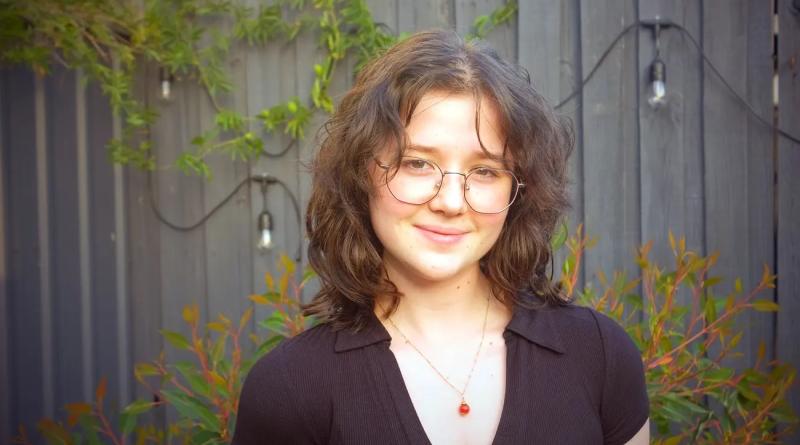‘They are despairing’: climate crisis weighs heavy on mental health of young Australians

A survey shows anxiety about the environment is prominent among teenagers, including Ruby Bron who feels ‘helpless’ about the future.
Ruby Bron feels “helpless” and “anxiety-ridden” when she thinks about the future and the irreversible damage occurring because of the climate emergency.
The 17-year-old Sydney student says without drastic action to cut emissions, her generation will be left to deal with the climate crisis in an increasingly damaged and volatile world.“That is a massive responsibility placed on us,” Bron says. “Anxiety builds up.”
The climate crisis is such a big issue and causing so much harm that sometimes she feels as though it is impossible to fight it. “There is a constant occurrence of disasters,” she says. “Fires, floods, droughts and cyclones.
“These disasters affect people’s livelihoods, their homes, the way their communities run. In that world, there would be a lot of disappointment and regret that nothing was done sooner.”
The youth mental health organisation Orygen and Mission Australia on Thursday released the findings of a survey of nearly 19,000 young Australians aged 15 to 19.
More than a quarter (26%) say they are “very concerned” or “extremely concerned” about the climate crisis, and 38% of those respondents say they experience high psychological distress.Those who report being very or extremely concerned are more likely to report higher levels of distress, lower wellbeing and more negative feelings about the future.
Dr Caroline Gao, a biostatistician and epidemiologist at Orygen and co-author of the report, says the impact of the climate emergency on mental health is “an emerging but significant issue” that will probably grow as global heating becomes more severe.
Gao says urgent measures are needed to reduce this distress and anxiety, and to “foster hope and avoid despair, while still motivating positive climate actions”.
The report suggests that while concerns about the climate crisis may contribute to a young person’s psychological distress, it is also possible that pre-existing distress increases the likelihood of worry and concerns, including about the environment.
Dr Catriona Davis-McCabe, president of the Australian Psychological Society, says it is an “understatement” to say young Australians are anxious about the climate crisis.
“They are despairing,” she says. “Psychologists are seeing an increase in people of all ages presenting with psychological distress they attribute to concern for the climate.”Davis-McCabe says many young people are telling their psychologists that they feel as though they will not have a world to live in.“Where climate anxiety used to be something only a small group of patients were worried about, it is now one of the most common issues psychologists are discussing with young people,” she says.
“Some young patients are reconsidering what their future should look like, including whether they should have children of their own. To make things worse, it has never been more difficult for young people to access psychological services.”
Marion Bennett, an executive at Mission Australia, says young people experiencing financial or housing difficulties are particularly concerned about the climate crisis.
“Which aligns with what frontline staff see among some vulnerable young people that we support,” she says. “It’s important that governments partner with young people to co-design solutions that will address their climate-related mental health concerns.”
As for Bron, who is in her final year of school, she does what she can to change people’s attitudes about the climate crisis, despite her fears that it might be too late.
She joined the school strike for climate movement in 2020 and has spent more than two years working as a local and national organiser. She has also been working with community groups.
Her biggest concern is a lack of urgency among governments.
“It is concerning given how rapidly global warming is happening, and how quickly scientists are saying we have to reduce emissions or the effects will be irreversible,” Bron says.
cover photo: Ruby Bron, 17, says there is a ‘massive responsibility’ placed on her generation by the worsening climate crisis


